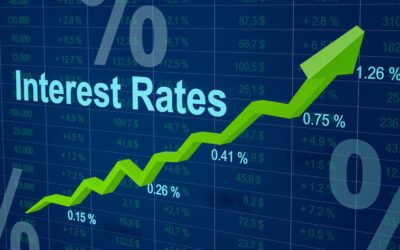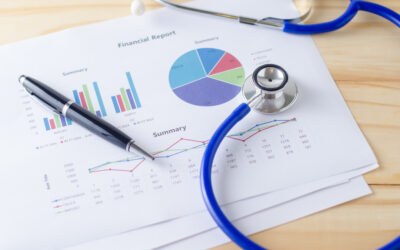Will we, won’t we? The question of whether the UK economy will cross the official threshold into recession this year has become a bit like a badly-written soap saga.
Quibbling over the definitions of recession aside, though, what we all know is that things aren’t easy money-wise right now. It feels like the cost of pretty much everything is going up – food, fuel, energy, mortgages. Earnings, on the other hand, are lagging way behind. So people are finding they have less and less money left over after they’ve covered the bare essentials.
The fact that the economy sits on the brink of recession means things are unlikely to improve any time soon, certainly in the next 12 months. They might even get worse. Inflation and interest rates could go even higher. The impact on businesses could lead to job losses.
If you are already feeling the squeeze financially, how do you prepare for things potentially getting worse? Here are our three top tips for recession-proofing your finances.
Look at options for reducing what you spend
‘Live within your means’ is the kind of advice we all remember getting told as young adults making our way in the world, which in many cases we’ll have brushed off in search of fun and adventure. But in times of economic uncertainty, it’s sound wisdom. The truth is that our ‘means’ have likely changed over the past few years. What we once could afford comfortably may well be a stretch right now. It’s about making adjustments accordingly.
The first thing to do is to look at your outgoings in detail. How much are you spending in relation to your earnings? If outgoings are close to incomings (or even over), it’s time to take action. Try to account for everything you spend – what is necessary and what isn’t? Do you need three TV or music streaming services, or can you make do with one? Or even a free service? If your food shopping bills have shot up for everyone (spoiler alert: they have for everyone), what could you cut out? Or could you try cheaper brands or a cheaper supermarket?
None of this has to mean cutting out all pleasures and luxuries in life. It’s about a) being aware of what you spend and b) being a little smarter about how you spend it.
Create a buffer
The reason for reducing what you spend is that living with a zero balance is a precarious place to be, particularly in a difficult economic climate. Unexpected costs are bound to crop up from time to time. What do you do if you don’t have anything left over? Or what if your circumstances change, such as you lose your job? Or, as many people are facing right now, your previously fixed-rate mortgage renews at a much higher rate? Where’s your safety net?
The risk with tipping over into spending more than you earn is you then have to rely on credit. Debt is the elephant in the room when it comes to personal finances. It adds a huge burden no one needs when times are hard. And it is finding yourself unable to pay back those debts that will push you into bankruptcy.
Pay off any debts you can
The reasons for avoiding taking on extra debt also apply to clearing existing debts you have, if you can. If you can create a little space for yourself by lowering your costs, and if you do find a bit of cash spare, make a point of paying off that credit card or that loan. Or if you have savings, give some serious thought to paying a lump sum off your mortgage before your repayments go up. That can have a huge impact on your day-to-day finances.
If you are already struggling with debt and are worried about what the future might hold, get in touch with our expert Personal Finance team to talk through your options.




